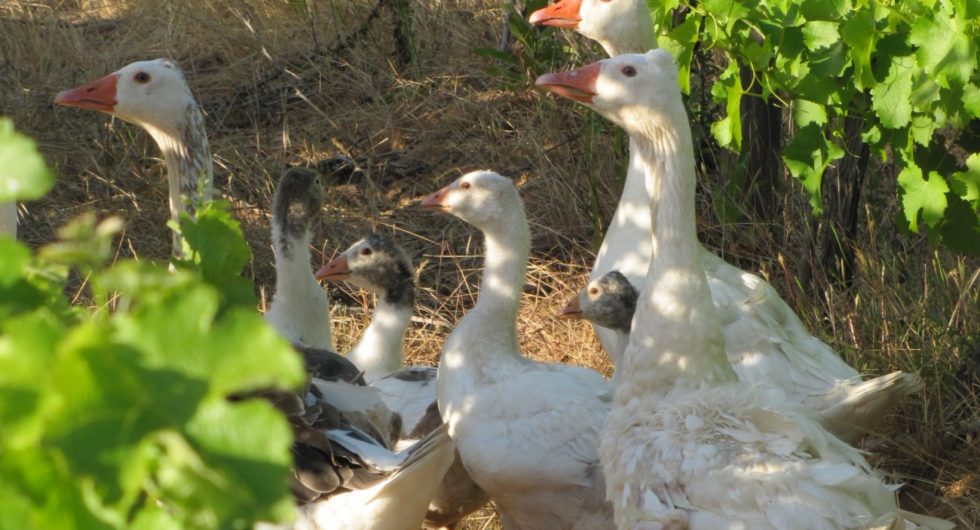The world of certification
Organic, biodynamic, sustainable development

Organic, biodynamic, sustainable development

When you wake up in the morning you might enjoy a cup of tea or coffee, at lunch you probably meet friends for pizza or falafel, then you do some shopping and buy a T-shirt or a pair of jeans, and at the end of the day, you want to relax and enjoy a nice glass of Tempranillo or Sauvignon Blanc. But of all of these things, which are organic, biodynamic, environmentally friendly, or the result of fair trade? There are so many choices and decisions to make in order to benefit the future world.
In the wine industry, certifications can broadly be split into three categories: organic, biodynamic and sustainable.
Organic – Ecocert/Letis/USDA/BioGro/ACO/CCOF
According to beveragemedia.com, just 3.6% of the wine consumed across the world is organic, twice as much as it was five years ago. Spain, Italy and France represent around 75% of the world’s organic vineyards. In the EU, organic production has been regulated since 1991. The EU’s current organic certification ECOCERT specifies that wine must be made from organically grown grapes, all additives (fining agents, yeast, etc.) must be organic, and no GMOs (or other prohibited ingredients) are permitted.
Biodynamic – Demeter/Biodyvin/Respekt/ACO Biodynamic/BDA Biodynamics is a particular niche within organic products that is subject to stricter regulations and uses more specific practices. These are always monitored by a certifying body, generally Demeter (more than 1000 wineries) or Biodyvin (around 150 wineries). The primary focus is on maintaining soil health and synchronising planting activities with lunar cycles in order to improve the quality of the soils and the overall health of the vineyard. Biodynamic wines also require a winemaking process with little intervention, to ensure that the wines reflect the biodynamic practices in the vineyard.
Sustainable – HVE/CSWC/SIP/SWNZ/SWSA
Alongside organic growing and biodynamics, sustainable development and environmental impact come into play as regards managing resources in terms of energy efficiency and conserving water in the vineyard and winery. This will become increasingly important to the general public as climate change becomes a reality of life. Of course, sustainable development is somewhat difficult to define, given the unique environment of each wine region – hence the various different certification programmes that can be found on the back labels of some bottles.
François Lurton has always been a pioneer in this area, producing organic wines since 1996 with the Terra Sana range. We adhere to organic standards in all of our wineries, and also hold Demeter biodynamic certification in Chile and HVE certification in France at Domaine de Nizas.
By Quentin Vidal – Marketing Director